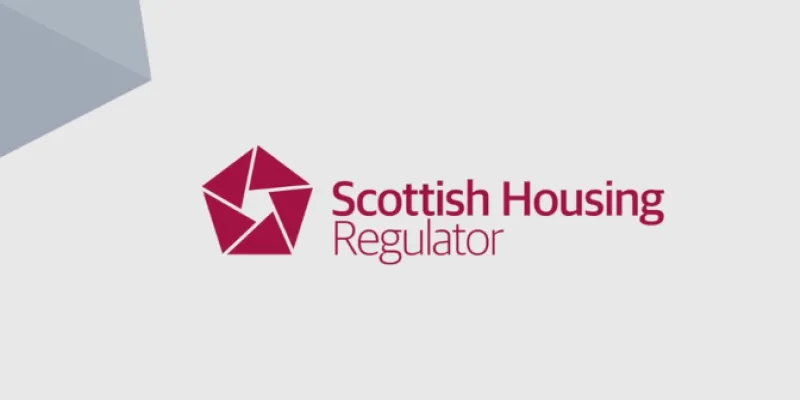National Report on the Scottish Social Housing Charter
Scottish Federation of Housing Associations Chief Executive, Sally Thomas, welcomed the report, saying RSLs had “much to be proud of” from their work during an extremely challenging year.
Scottish Federation of Housing Associations Chief Executive, Sally Thomas, welcomed the report, saying RSLs had “much to be proud of” from their work during an extremely challenging year.

The Scottish Housing Regulator (SHR) has published its annual National Report on the Scottish Social Housing Charter. The Report provides an analysis of social landlords’ performance against the Scottish Social Housing Charter over the last year, covering the period April 2021-March 2022.
Scottish Federation of Housing Associations Chief Executive, Sally Thomas, welcomed the report, saying RSLs had “much to be proud of” from their work during an extremely challenging year. She added: “Despite the substantial impact of Covid, almost nine out of ten social tenants are happy with the homes and services their landlord provides. And it’s fantastic that over ninety per cent of registered social landlords met energy efficiency targets: housing associations and co-operatives are making a huge contribution to fighting climate change by investing in this area. Of course, there is always room for improvement, such as on the time taken to complete non-emergency repairs or adaptations. However, it’s good news that the report shows an increase in the number of social homes available for rent, although we know there is much more to do to make sure everyone who needs a good-quality, low-rent home can access one.”
SHR Chair, George Walker, also recognised the good work done by the sector in challenging circumstances. He said: “We know that the last year has brought further unprecedented challenges for social landlords, their tenants and other service users.[...] We felt that it’s important for us to recognise and report on the impact that these challenges have had on landlords, their tenants and people who are using their services.”
Over the last year, social landlords have been able to start restoring services they were forced to suspend or scale back during the pandemic. However, the Omicron variant of Covid led to the reintroduction of some restrictions, which were then gradually eased over time. This continued to affect RSL’s ability to deliver services this year and was reflected in the report’s findings. RSLs have also found themselves increasingly struggling with the availability and rising costs of labour and materials for development and maintenance of existing stock. This has forced some landlords to cancel or further delay development programmes which were already affected by the pandemic, while backlogs of reactive and planned maintenance have continued to build up post-pandemic.
In this context, the sector’s overall performance was commendably strong, with overall tenant satisfaction at 89% (as comparted to 90% last year). There was a drop in the percentage of homes meeting the Scottish Housing Quality Standard (SHQS), from 87% to 75%, which can be attributed to the lingering effects of the pandemic and the supply chain crisis. Many landlords reported delays in carrying out works including electrical safety inspections, installation of interlinked smoke and heat detectors, and energy efficiency upgrades, because they struggled to gain access to tenants’ homes or/and secure the materials needed to compete the work. Landlords affected by this have plans in place to address these issues and SHQS compliance is projected to reach 90% next year.
A total of 5,883 new homes for social rent were completed this year, 3,214 of them for RSLs, which further illustrates the need for investment in quality affordable housing if we are to reach Scotland’s ambitious housebuilding targets.
Recent years have been extremely challenging for RSLs, and this looks set to continue next year. In the circumstances, the sector continues to perform well as it seeks to recover from the pandemic.